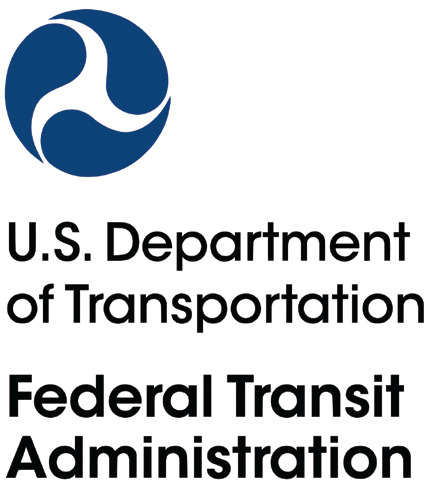Federal Transit Program Turns 60
7/11/2024

Sixty years ago this week, President Lyndon Johnson signed into law the Urban Mass Transportation Act of 1964 creating the federal transit program. For the first time, the federal government took on a major role in supporting transit bus and rail systems across the U.S. This law was signed shortly after another landmark piece of legislation, the Civil Rights Act of 1964.
In those 60 years, the program, now managed by FTA, has reshaped transit in the U.S. Today, FTA supports more than 3,500 transit agencies nationwide. The agency’s programs are helping modernize transit, alleviate the climate crisis, improve access, advance research and innovation, promote civil rights, provide safety oversight, and create jobs.
Under the Biden-Harris Administration, the federal government is making a historic investment in transit—$108 billion over five years—to help transit providers increase service to reach more people, make communities safer, and reduce pollution, including carbon emissions. That support is helping transit systems provide rides to nearly 21 million people every day in communities of all sizes, including large cities and in rural areas.
“Since our founding as the Urban Mass Transit Administration, we have been passionately committed to improving America’s communities through public transportation,” said FTA Acting Administrator Veronica Vanterpool. “We support more than 3,500 transit agencies and state Departments of Transportation to ensure all Americans can fully participate in public life, riding to work, to the doctor, to shop, and to see family and friends. Thanks to President Biden’s Bipartisan Infrastructure Law (BIL), we have an even bigger impact, helping transit agencies modernize and expand their systems.”
Six decades ago, the federal transit program supported local governments and transit providers as they built and improved their systems, funded research into cutting-edge transit technology and methods, and encouraged comprehensive transit planning. The 1964 legislation allocated $375 million to support expansion projects for bus, rail and streetcar systems. The first grants included:
- $6 million to the Massachusetts Bay Transportation Authority in Boston to modernize rapid transit stations.
- $565,740 to the city of Minneapolis to build Nicollet Avenue Transit Mall, an eight-block downtown bus-only area.
- $77,000 to the city of Vallejo, California, to purchase new buses.